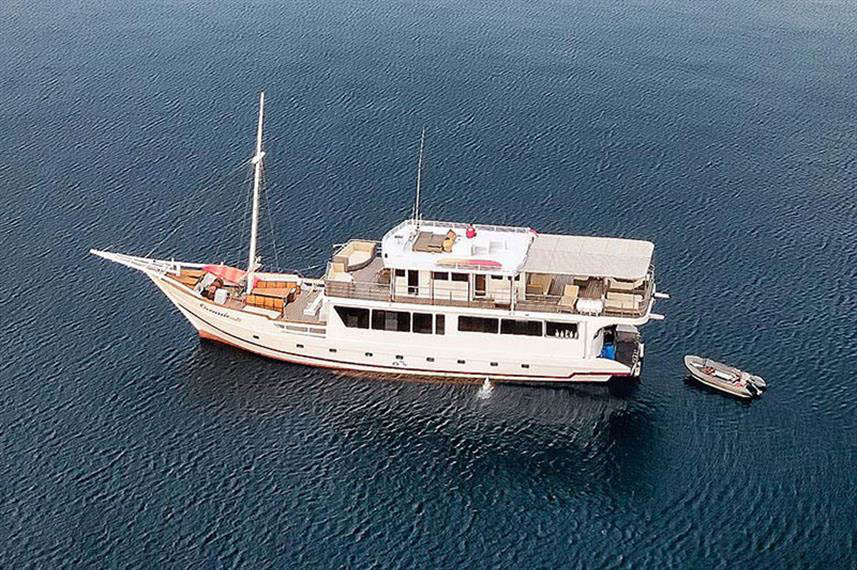New research shows that more action is needed to reduce accidental catch of endangered New Zealand sea lions in fishing nets, said environmental organsiation WWF-New Zealand.
NZ sea lions/rāpoka are the most severely threatened and rarest sea lion in the world. They are listed as ‘nationally critical’ by the Department of Conservation, and without further action this species is at risk of extinction.
The research, undertaken by a team of scientists from the University of Otago, Massey University and the University of Toronto, and published in the Proceedings of the National Academy of Sciences of the United States of America (PNAS), uses government data to analyse the impact of fishing on the NZ sea lion population. The scientists conclude that accidental catch in fishing nets poses a greater threat to NZ sea lions than is currently assumed by the government.
Livia Esterhazy, Chief Executive officer of WWF-New Zealand said: “Research like this is vital in helping us to understand the threats to endangered species. Robust science lies at the heart of good management and we urge the government to take this new work on board so that we can ensure the survival of the NZ sea lion.
“Although NZ sea lions are also affected by disease and food shortages, accidental killing in fishing nets is the biggest human threat these precious animals face. The fishing threat can be actively managed, so surely we should do all we can to reduce it.”
Peter Hardstaff, Head of Campaigns at WWF-New Zealand said: “The fishing industry took an important step by installing sea lion exclusion devices, or SLEDs, in squid trawl nets but for years there have been concerns about their effectiveness. This new study provides certainty that fishing remains a significant threat to NZ sea lions.”
In December, the New Zealand government will take decisions on the management of the squid trawl fishery, which poses the most significant by-catch threat to NZ sea lions.
“This research has come at an important time,” Mr Hardstaff said. “The government should take immediate precautionary management action to reduce by-catch of sea lions in the squid fishery, and carry out research to specifically investigate the effectiveness of SLEDs.”
The overwhelming number of New Zealanders – 84% – want the government to do more to protect endangered NZ sea lions from being accidentally caught and killed in fishing nets (Colmar Brunton polling, July 2017).







